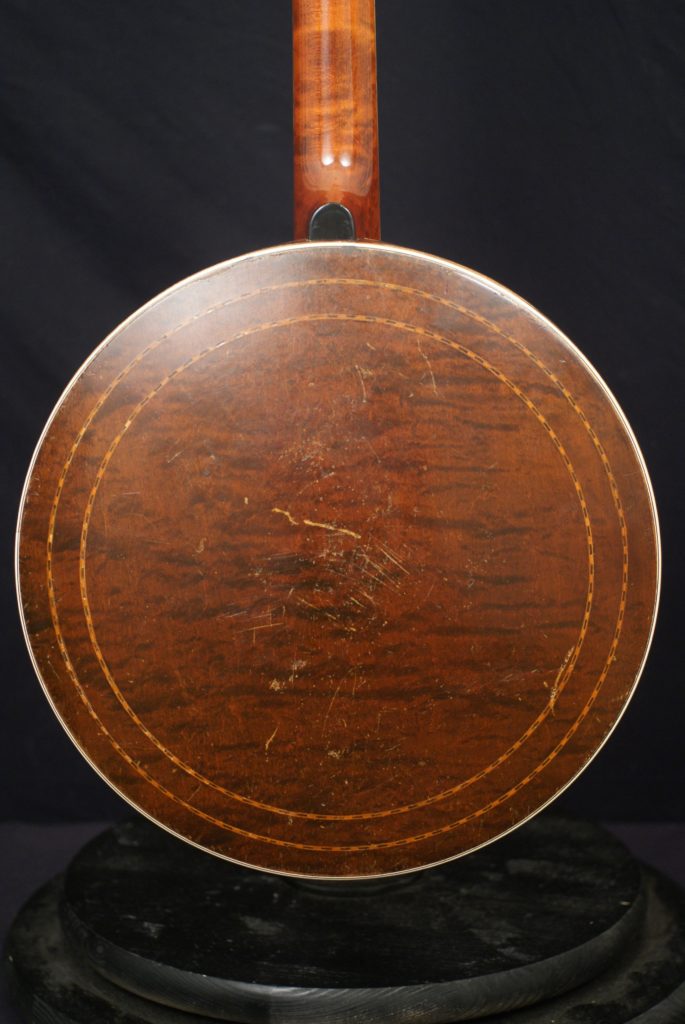Although the answer to the question does aged wood sound better than new wood is dependent on the tastes of the listener there is little debate as to whether modern instruments and their vintage counterparts at least have different sounds. With all of the advances in production technology that have led to the recreation of some of the most popular instruments that have ever been made has also come great debate as to why the older instruments often do sound better than the newer reissues. One explanation is that aged wood takes on a different sound than wood that is not aged or “new” and this is an explanation that I absolutely believe to be true. However there are multiple reasons why vintage banjos often beat out newer models in terms of tone and overall sound.
One factor in the often improved sound of vintage banjos is the fact that there was simply more of the better cuts of wood available which gives older instruments an obvious edge. Not only have resources become limited compared to just a century ago there are a lot of regulations for the harvesting of wood that eliminate a lot of the best wood from being used in manufacturing today. In addition there is not the same level of skill in identifying quality pieces of wood and just locating good wood has become a lost art. There absolutely is significance in the quality of sound that each grade of wood produces but that doesn’t fully explain why vintage instruments seem to outperform newer versions.
Wood contains cells that are shaped like tubes. These cells will absorb moisture and also release it in a drying out process. This is what causes wood to swell or shrink at different times of the year and if you leave a piece of wood leaning against a wall it will start curving over time. The moisture is stored in these hollow cells. There is evidence to suggest that over a long period of time these cells tend to collapse, which in turn limits how much moisture they can absorb. In other words, the older wood becomes more stable and reaches equilibrium. These changes cause the banjo to become dryer, and lighter and more stiff as it ages which is a significant factor in overall banjo sound.
The answer is found in a combination of factors and it is important to note that age in and of itself does not necessarily lead to a better instrument. If the instrument was not made of the top grade of wood and the instrument was also not built with higher building standards the instrument certainly may improve with age but the improvement comes with limitations. Vintage banjos often sound better than newer models partially because in many cases they were built better but the science behind the composition of a piece of wood as a cellular network and how these cells age explains why even when a newer banjo is built well it will usually miss at least a piece of the magic that vintage banjos have.

